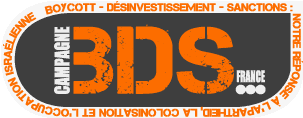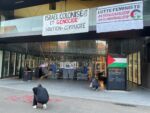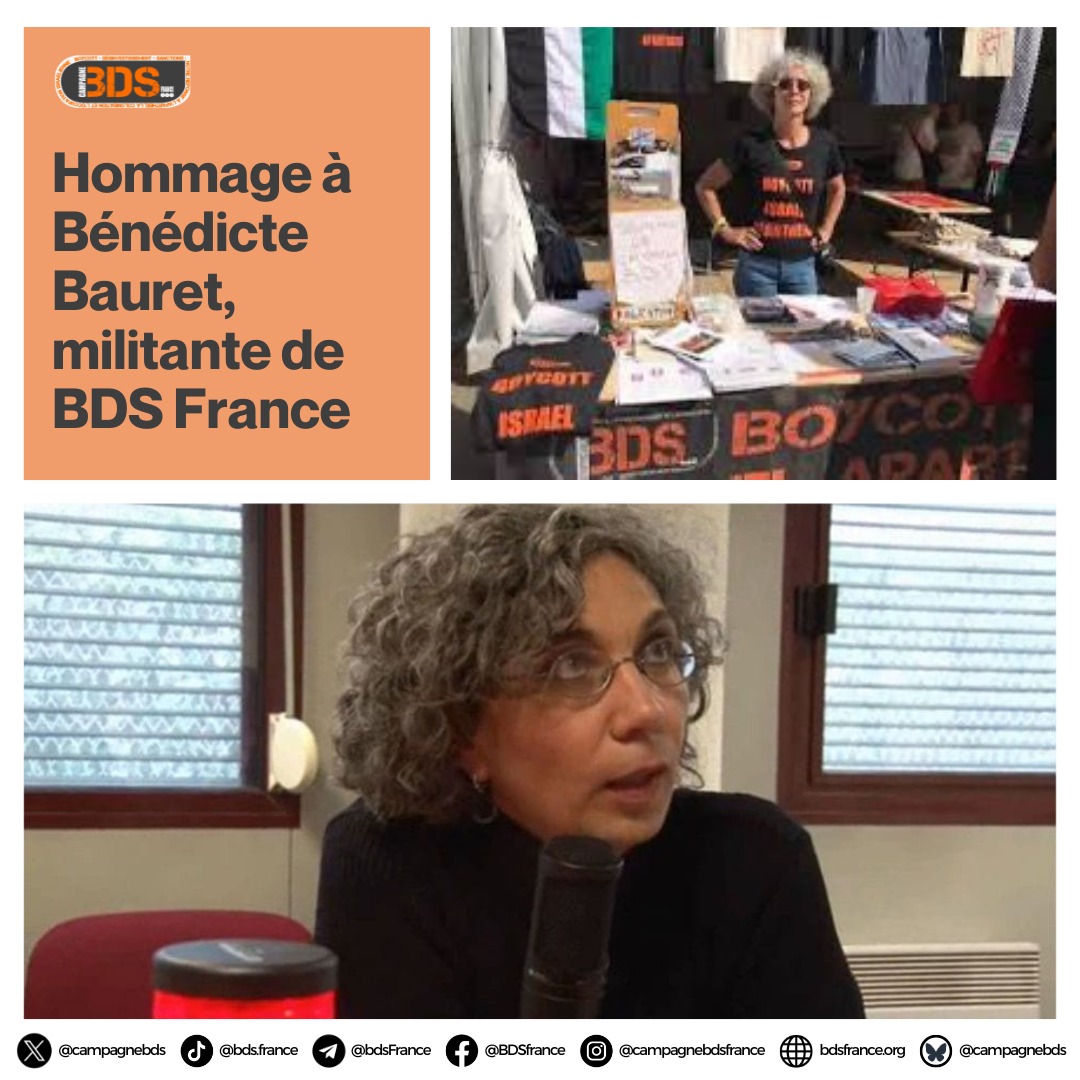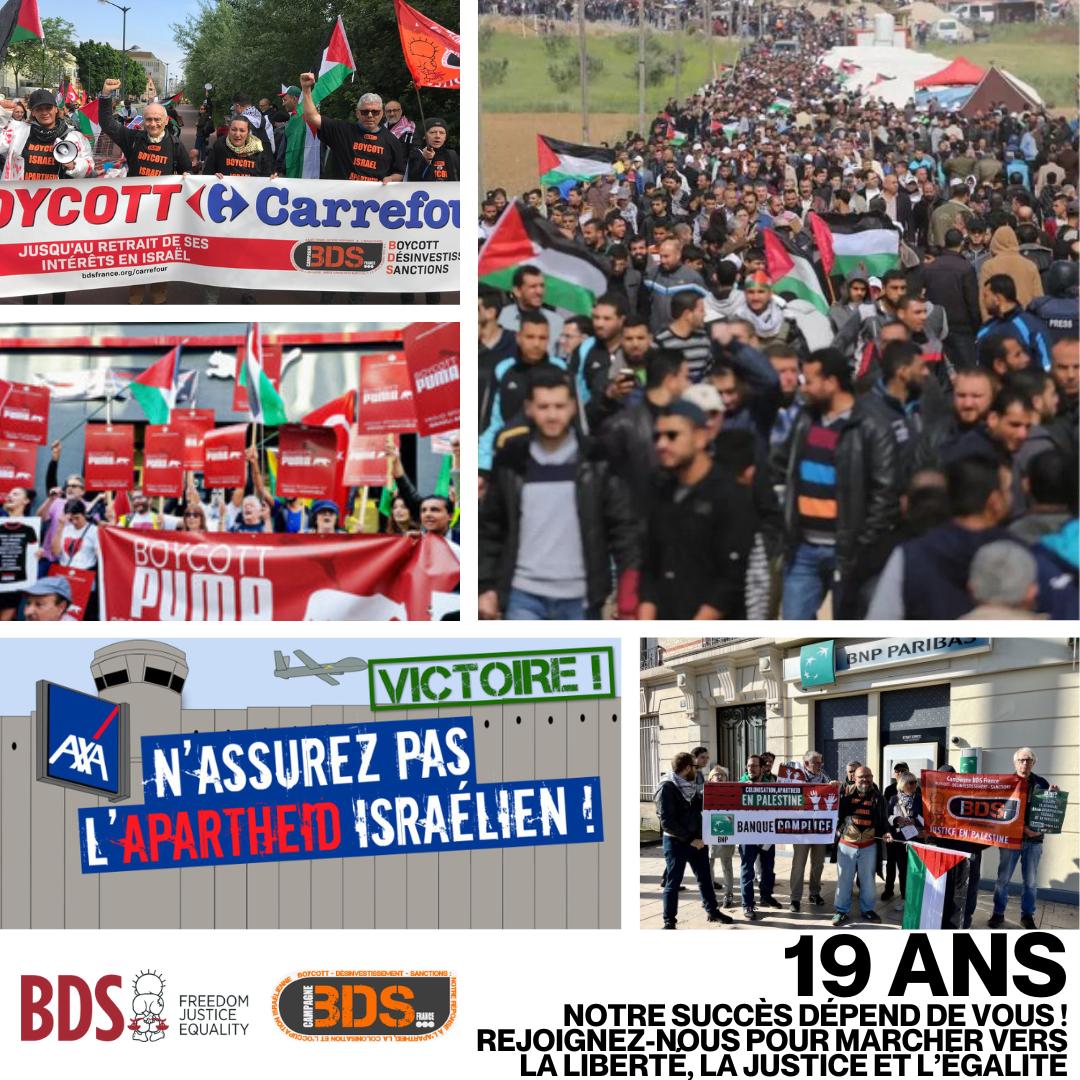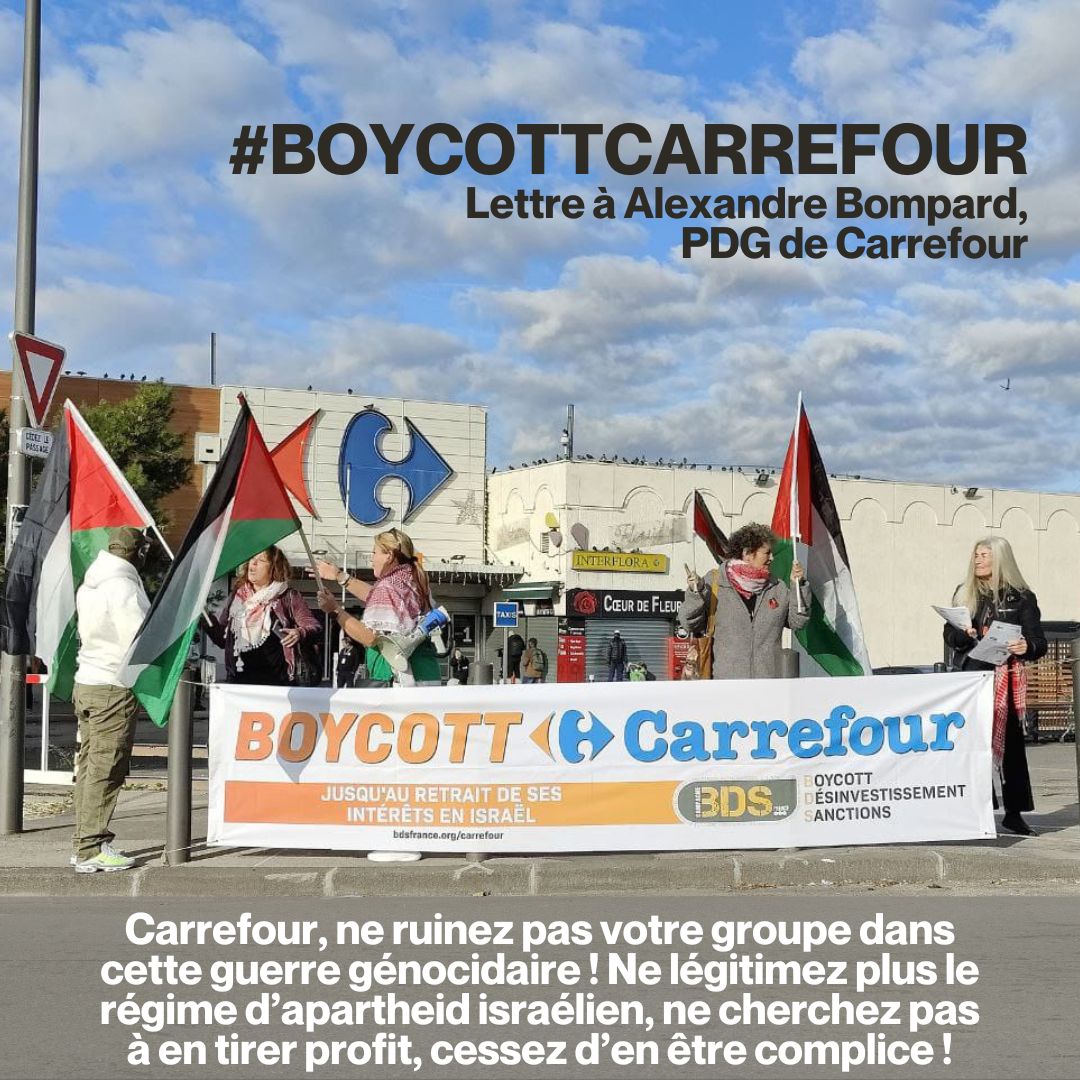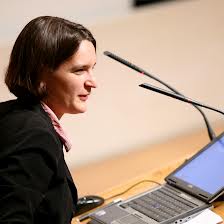
Paris, le 17 février 2013
Esther Duflo est une économiste franco-américaine, professeur au Massachusetts Institute of Technology où elle détient la « chaire Abdul Latif Jameel sur la réduction de la pauvreté et l’économie du développement »Chère Madame,
Vous êtes en 2013 l’une des lauréates du Dan David Prize, remis chaque année à une personnalité ou une institution sur la base de son excellence dans le domaine de la recherche, sans discrimination de genre, de « race », d’ethnie, de couleur, de religion, de langue, de nationalité, de handicap ou d’opinions politiques. Le but affiché de ce prix est d’encourager et de promouvoir les valeurs universelles de justice, de démocratie et de progrès afin d’améliorer le monde. Vaste programme !
Il vous est attribué pour votre travail, reconnu internationalement, sur « les conditions sociales, les stratégies de réduction de la pauvreté en lien avec la prévention des maladies ».
En contrepartie de ce prix d’un million de dollars vous devez vous engager à reverser 10% pour des bourses de graduate students. Seulement, on ne peut qu’être sous le choc du décalage entre l’affichage humaniste du prix remis par un organisme israélien officiel, l’université de Tel Aviv, qui fait partie intégrante de la politique israélienne, et la réalité de la vie quotidienne des Palestiniens qui vivent depuis 60 ans dans un Etat qui pratique l’apartheid légalisé, ou de ceux qui vivent sous occupation ou encore de ceux qui ont dû se réfugier à l’étranger depuis trop longtemps.
Vous qui travaillez avec passion à la réduction de la pauvreté dans le monde entier, qui vous préoccupez sincèrement de la santé et de l’éducation des populations les plus défavorisées, vous qui avez même créé un laboratoire, le J-Pal, spécialisé sur ces questions et dont le travail est très ancré dans le réel, savez-vous ce qu’est la vie des enfants palestiniens, rien que dans le domaine de l’éducation :
44,4% des enfants palestiniens sont des réfugiés 1. 26,9% des enfants sont considérés comme pauvres, 19% en Cisjordanie et 38,4% dans la bande de Gaza 2. Pendant l’opération Plomb durci, 18 écoles ont été détruites (UNRWA, Autorité palestinienne, et écoles privés) et 260 ont été endommagées 3. Entre 2009 et 2010, 615 enfants ont été déplacés et 8 316 ont été touchés par des démolitions de maisons ou de structures de vie en Cisjordanie 4. Depuis le début de la seconde Intifada (en 2000), près de 7 500 enfants palestiniens (entre 12 et 17 ans) ont été arrêtés et emprisonnés 5.Chaque année, 700 enfants palestiniens sont arrêtés et jugés par les cours militaires israéliennes en Cisjordanie 6 , la plupart du temps pour lancer de pierre 7. Entre 2005 et Juin 2011, la période moyenne d’emprisonnement des mineurs entre 14 et 15 ans étaient de 2 mois et demi et de quatre mois pour ceux âgés entre 16 et 17 ans 8.
De nombreuses mesures dans la société israélienne favorisent les citoyens ayant effectué leur service militaire, discriminant ainsi les Palestiniens qui ne sont pas autorisés à le faire. C’est le cas en matière d’offre d’emploi, mais aussi dans le domaine universitaire.
Souvent ces mesures sont explicites, mais elles sont parfois plus insidieuses. En décrétant un âge minimum de 20 ans pour entrer dans certains programmes universitaires (ce qui correspond à la sortie du service militaire pour les citoyens Juifs), on force les Palestiniens à patienter deux ou trois ans sans pouvoir s’y inscrire… Dans toutes les universités israéliennes, des bourses d’étude, dispenses de droits d’inscription, gratuité de logement et autres aides financières sont accordées pendant cinq ans aux étudiants qui sortent de l’armée. Ces critères discriminatoires dans l’attribution de bourses est général en Israël, tant dans la plupart des bourses provenant de l’université et d’organismes publics, que de celles qui proviennent de fondations privées, et ces mesures ont été accrues pendant et après les massacres de Gaza en janvier 2009.
20% des citoyens d’Israël sont des Palestiniens. Pourtant, moins de 10% sont en premier cycle, moins de 5% en deuxième cycle, 3% en troisième cycle et seuls 1% sont enseignants. En revanche, les Palestiniens ont trois fois plus de chance de voir leur candidature rejetée et, parmi ceux qui sont acceptés, les étudiants palestiniens sont trois fois plus souvent traduits devant le conseil disciplinaire des universités israéliennes, en particulier dans les cas où ils s’opposent trop ouvertement à la politique d’occupation israélienne.
Aucune ville palestinienne n’a été retenue dans le système d’assistance aux étudiants en difficulté.
L’Université de Tel Aviv est un des fers de lance de la collaboration entre le monde universitaire et l’armée israélienne, puisqu’ils ont ensemble de nombreux contrats de recherche. En 2009 cette université était « fière » d’avoir conduit 55 projets avec l’armée israélienne.
L’’Université de Tel-Aviv vient de se compromettre avec l’organisation de colons extrémistes Elad pour une campagne de « fouilles » dans le quartier palestinien de Silwan à Jérusalem Est, ce qui, pour les Palestiniens, place la science au service de la colonisation.
Ces fouilles servent en réalité de prétexte à l’expulsion de familles palestiniennes.
Le campus de l’université de Tel Aviv est situé sur le village palestinien détruit de Sheikh Muwanis, dont les habitants ont été expulsés, mais l’université ne l’a jamais reconnu.
L’Université de Tel Aviv a nommé comme professeur de droit international un colonel (le colonel Pnina Sharvit Baruch) dont un des faits d’armes a été de superviser les bombardements militaires sur la population civile de Gaza en 2008/2009, bombardements qui violent ouvertement le droit international.
En acceptant ce prix, et bien que nous soyons on ne peut plus conscients de la somme d’argent qu’il représente, vous offrez votre image à Israël, vous lui donnez de la crédibilité sur la scène internationale, vous lavez les mains pleines de sang du gouvernement israélien.
Comme pour l’Afrique du sud du temps de l’apartheid, il est temps que les citoyens du monde que nous sommes, et dont vous faites partie de manière extraordinaire, disent stop et refusent de cautionner de quelque manière que ce soit la politique de ce pays.
Nous vous invitons donc instamment, au nom de toutes les personnes que vous aidez chaque jour par votre travail, à ne pas vous rendre en Israël et à refuser ce prix par souci de cohérence. Vous ne pouvez pas être récompensée par un des Etats les plus oppresseurs du monde pour votre travail en faveur des opprimés.
Nous restons à votre plus entière disposition pour plus de renseignements,
Très fraternellement,
La campagne BDS France. 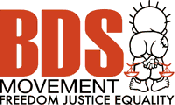
1 http://www.pcbs.gov.ps/Portals/_PCBS/Downloads/book1740.pdf
2 http://www.pcbs.gov.ps/Portals/_PCBS/Downloads/book1740.pdf
3 http://www.ibcr.org/editor/assets/Country%20report%20OPT%20web.pdf
4 http://www.ibcr.org/editor/assets/Country%20report%20OPT%20web.pdf
5 http://www.dci-palestine.org/sites/default/files/un_sp_-_detention_-_west_bank_-_july_2011.pdf
6 http://www.ochaopt.org/documents/ocha_opt_the_humanitarian_monitor_2011_11_15_english.pdf
7 http://www.acri.org.il/en/wp-content/uploads/2011/12/ACRI-State-of-Human-Rights-2011-ENG.pdf
8 http://www.btselem.org/sites/default/files2/2011_annual_report_eng.pdf
————————————————————————————————————————————————————————————————————————————
Paris, February 17, 2013
Dear Mrs Duflo,
You are, among others, the 2013 laureate of the Dan David Prize, which yearly rewards an individual or an institution for excellence in the field of « achievements having an outstanding scientific, technological, cultural or social impact on our world », and so without reference to gender, ethnicity, religion, nationality, handicap or political views. The declared aim of this prize is to support and promote universal values of justice, democracy and global progress. You have been rewarded this prize because of your internationally recognized work on « social conditions and strategies related to alleviation of poverty, including prevention of disease ». As a condition for receiving the million dollar prize, you must commit to dedicating 10 % for graduate students grants.
The hard fact is that one cannot be but struck by the gap between the humanist face of such a prize granted by an official Israeli institution — in this case Tel Aviv University, which is fully integrated into Israeli political policy — and the reality affecting Palestinians for the past 60 years, whether within an Israeli State that practises legalized Apartheid, under occupation or as long time refugees in foreign countries.
You work with passion on the issue of poverty reduction at a worldwide scale, you feel quite concerned about health issues and education for the most deprived, and you have even created the J-Pal laboratory which specializes on addressing these issues on the ground. Therefore, we wish to remind you of a few facts about education for Palestinians:
44.4 % of Palestinian children are refugees 1 . 26,9 % of the children are classified as poor, 19 % are located in the West Bank and 38,4 % in the Gaza Strip 2 . During the 2008/9 military operation in Gaza called « Cast Lead », eighteen schools (be they UNRWA, Palestinian Authority or private schools) were demolished, and 260 schools were damaged 3 . Between 2009 and 2010, 615 children were displaced and 8,316 were affected by the demolition of their homes or of various children’s institutions in the West Bank 4 . Since the start of the Second Intifada in 2000, about 7,500 Palestinian children (age 12 to 17) have been arrested and/or jailed 5 .
Yearly, 700 Palestinian children are arrested and sentenced by military Israeli courts in the West Bank 6 , most of the time for rock throwing 7 at the Israeli military. Between 2005 and 2011, the average jail time for minors between the age of 14 to 15 has been for two months and a half, and for four months for those aged between 16 to 17 8 .
Israeli enacts many measures in favour of citizens having done their military service, thereby discriminating against Palestinians who are not allowed to join the army. This is true for access to employment as well as in the academic sector. Such measures are often explicit, but at times they are more insidious. By stating that a minimum age of 20 is required to join some university programmes (i.e. adapting the system to the average age of the Jewish citizens once they’re out of the army), Palestinians are compelled to wait for 2 to 3 years before being able to enroll. All Israeli universities offer, for a 5-year period, various advantages such as grants, free tuition, free housing and many others to students having done their military service. In t erms of grants, discrimination is built-in, whether for grants given by universities or for those of other public institutions or private funds. Such discriminatory measures have been augmented for service during and after the massacres in Gaza in January 2009. Twenty per cent of Israeli citizens are Palestinians; however, less than 10 % finish their BA studies, less than 5 % end up with a MA, only 3 % earn a Ph.D. and only 1 % teach at a university level. As a matter of fact, Palestinians are three times more likely to have their application rejected by Israeli universities than Israeli Jews, and among Palestinians who have enrolled three times more are likely to be subject to disciplinary measures, in particular when they are opposing too openly the Israeli policy of occupation.
No Palestinian town has been included in the government’s program of providing assistance to students facing difficulties. Tel Aviv University is known as a leading actor in the collaboration between the academic sector and the military, since both participate in the same research contracts. In 2009, this university was « proud » to announce that it had led 55 projects with the Israeli army.
Recently, Tel Aviv University has teamed up with the extremist settlers’ organization Elad for an « archeological campaign » in the Palestinian area of Silwan in East Jerusalem, thus placing science at the service of colonization, as pointed out by the Palestinians. Such digging has in fact no other purpose but to displace Palestinians.
Tel Aviv University campus is located over the demolished Palestinian village of Sheikh Muwanis, whose habitants were expelled, a historical fact that has not been acknowledged yet by the university.
Tel Aviv University has named a colonel (Colonel Pnina Sharvit Baruch) as Professor of International Law, even though among his other military activities he supervised the military bombardment of the civilian population of Gaza in 2008-2009, which clearly violates international law.
By accepting such a prize, even though we are aware of its financial significance, you are associating your name and reputation with Israel and you are lending international credibility to Israel.
As for South Africa at the time of Apartheid, the time has now come for the world’s citizens — and you are one of their most renowned ones — to stop supporting in any manner the Israeli policy of occupation and oppression.
Therefore, we do strongly invite you, for the sake of coherence and also in the name of all those you daily support through your hard work and actions, not to travel to Israel and to refuse this prize. You clearly should not accept to receive a reward from a State which is a worldwide known oppressor as a reward for your work in favour of the oppressed.
We remain at your disposal for more information if necessary.
Very friendly yours,
The BDS French Campaign
1 http://www.pcbs.gov.ps/Portals/_PCBS/Downloads/book1740.pdf
2 http://www.pcbs.gov.ps/Portals/_PCBS/Downloads/book1740.pdf
3 http://www.ibcr.org/editor/assets/Country%20report%20OPT%20web.pdf
4 http://www.ibcr.org/editor/assets/Country%20report%20OPT%20web.pdf
5 http://www.dci-palestine.org/sites/default/files/un_sp_-_detention_-_west_bank_-_july_2011.pdf
6 http://www.ochaopt.org/documents/ocha_opt_the_humanitarian_monitor_2011_11_15_english.pdf
7 http://www.acri.org.il/en/wp-content/uploads/2011/12/ACRI-State-of-Human-Rights-2011-ENG.pdf
8 http://www.btselem.org/sites/default/files2/2011_annual_report_eng.pdf
